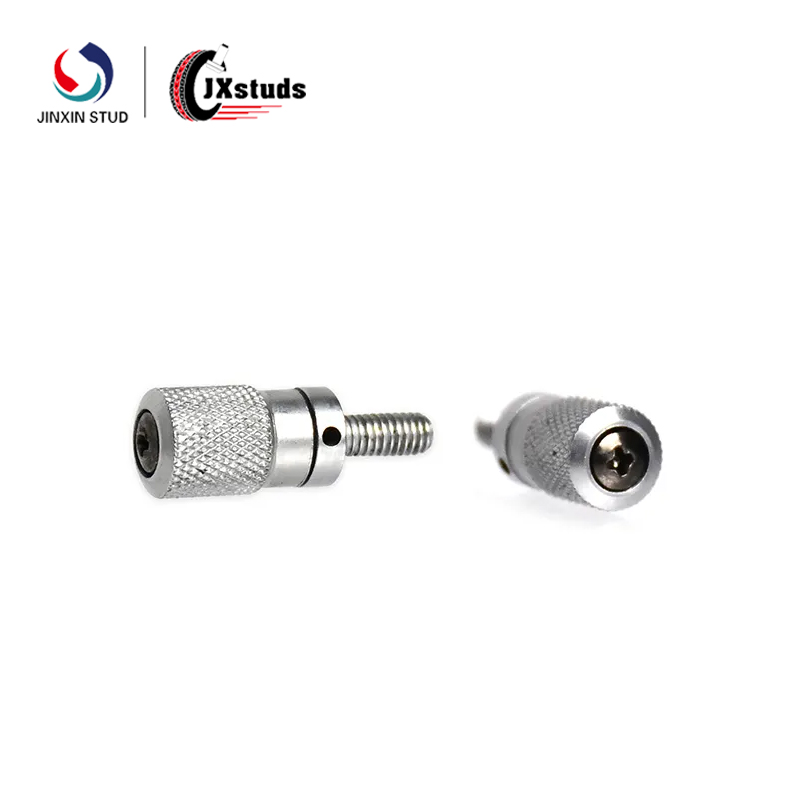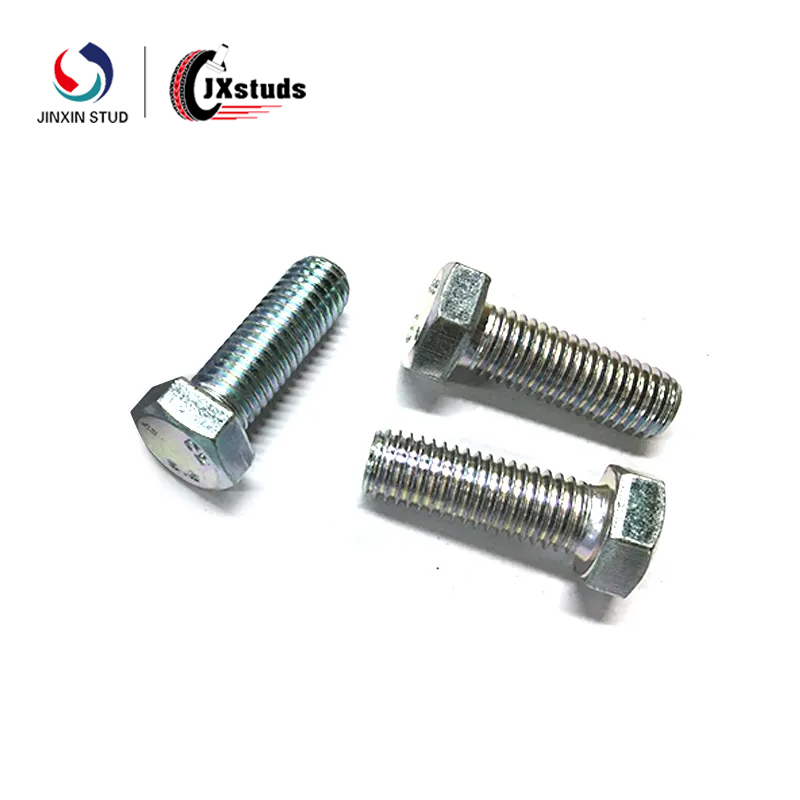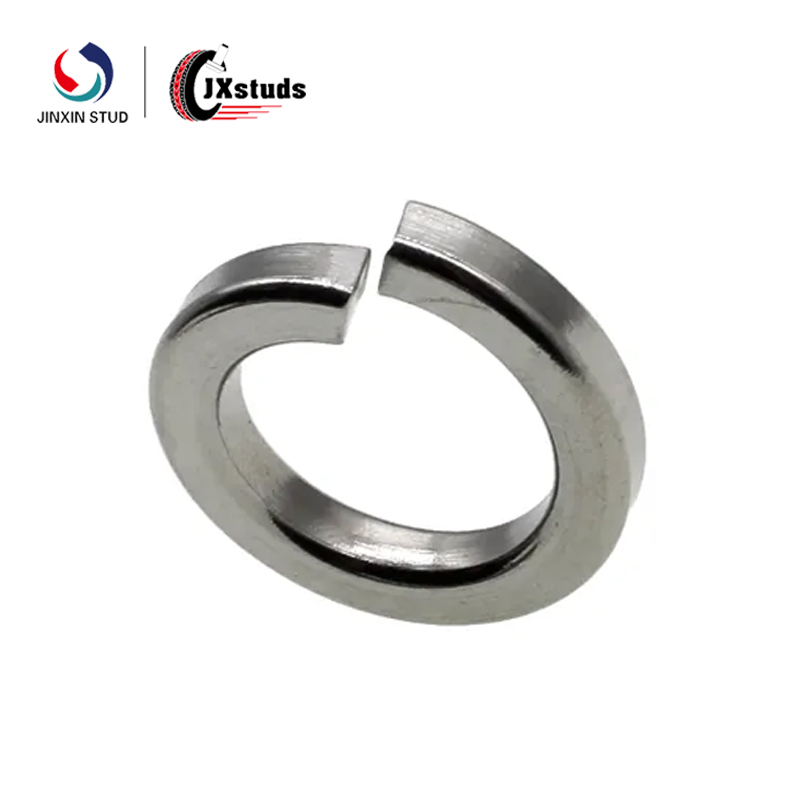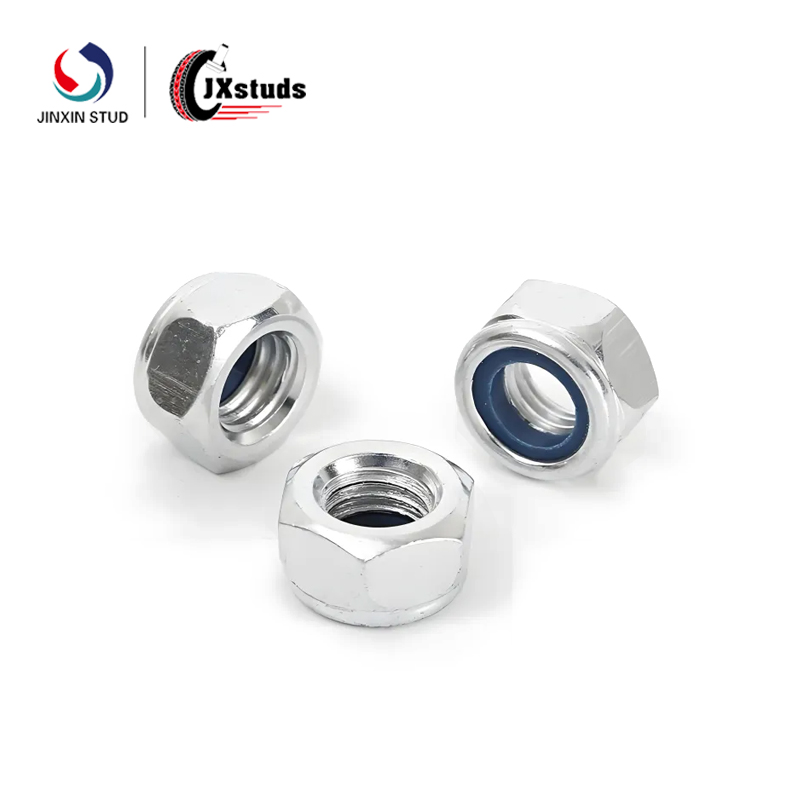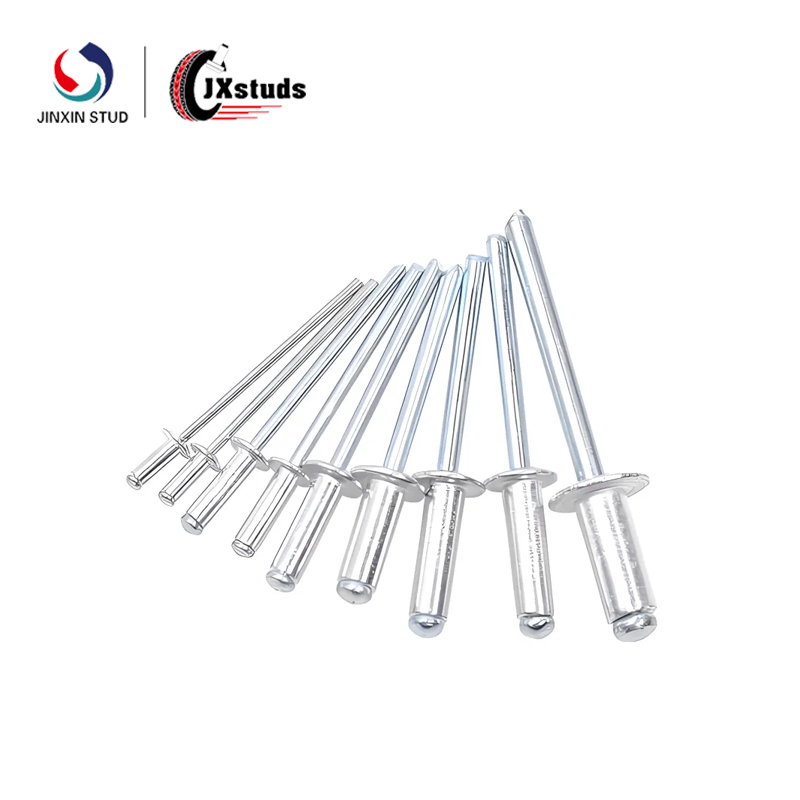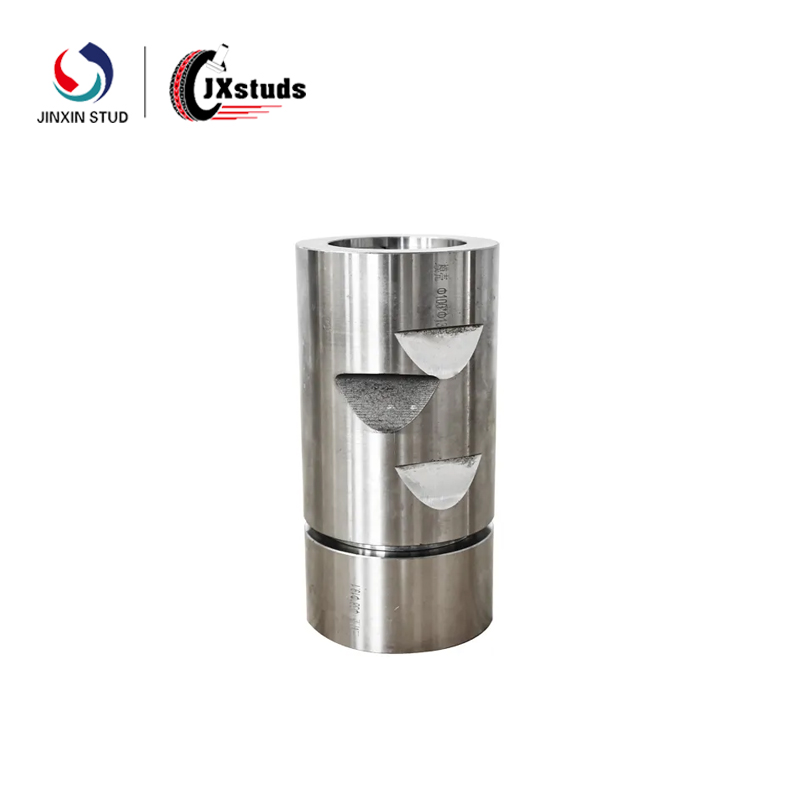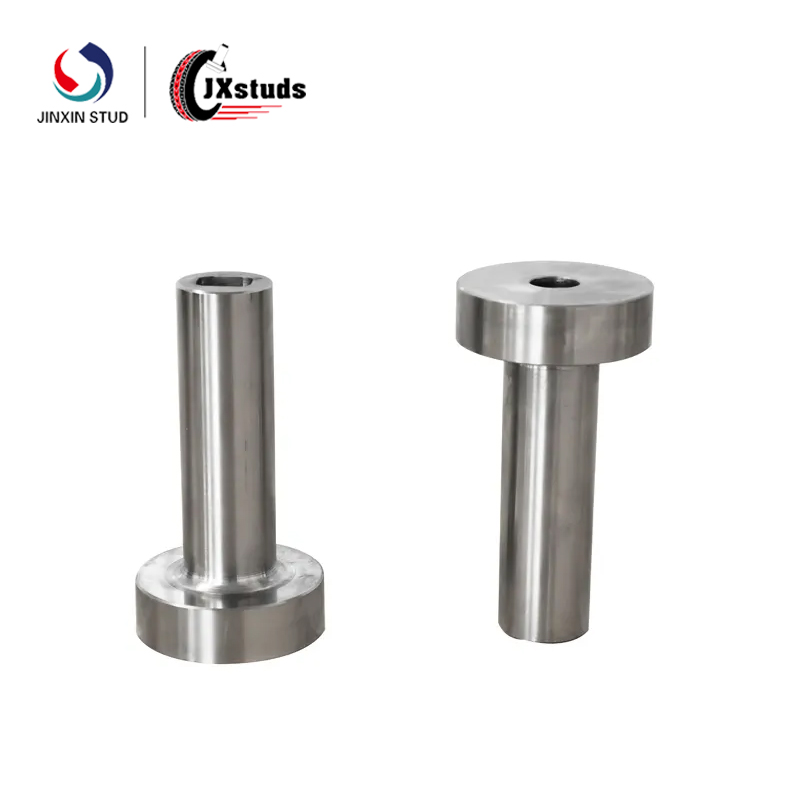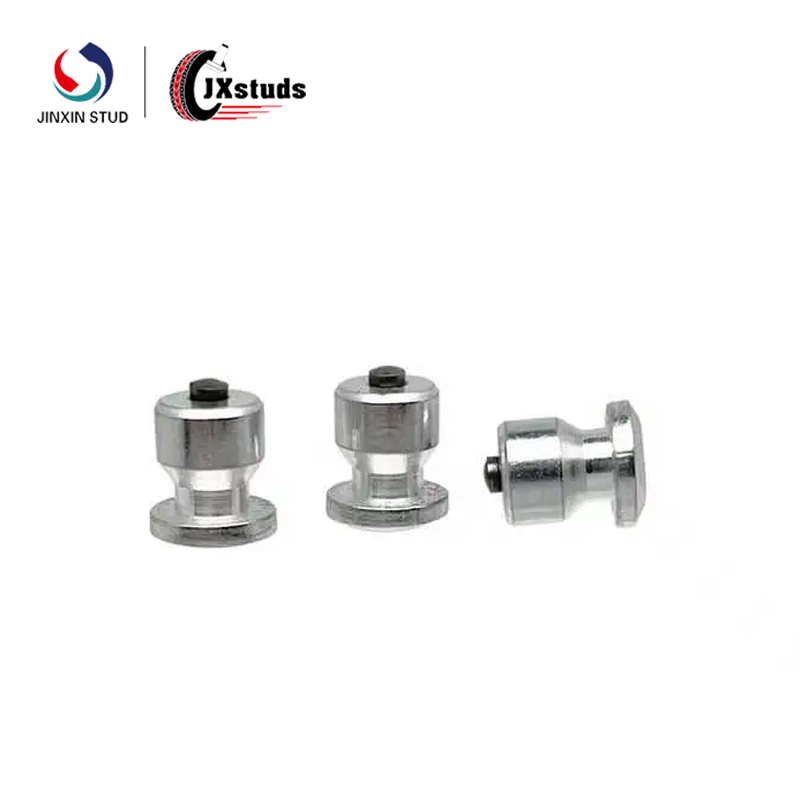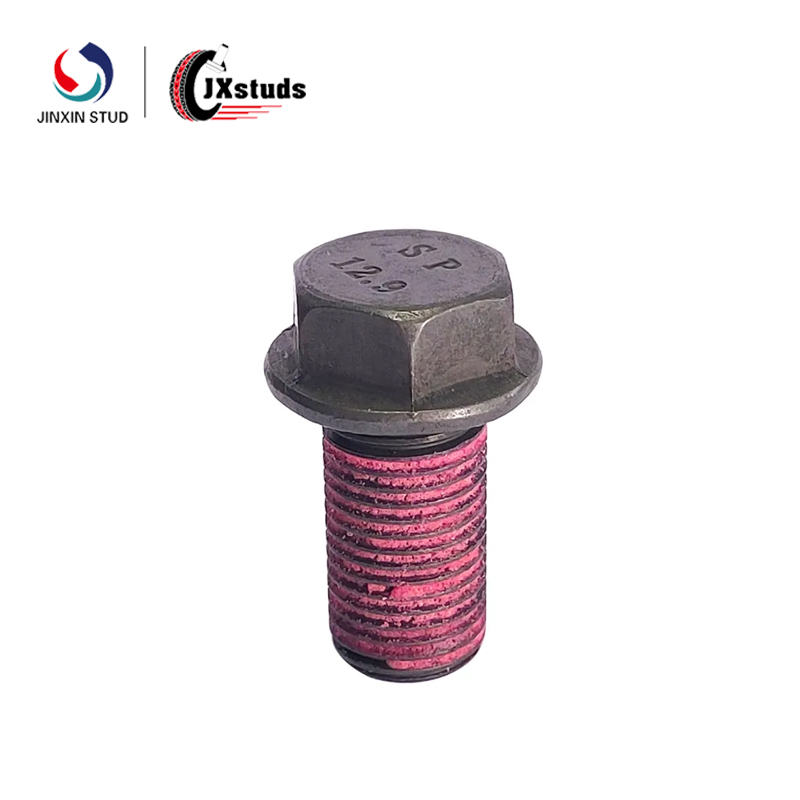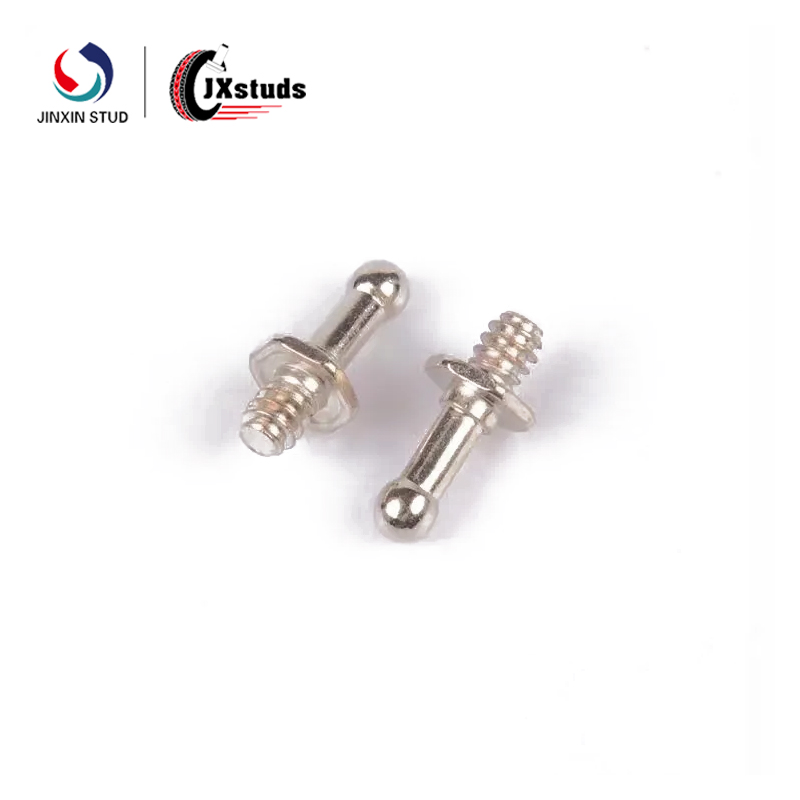A cotter pin is a simple yet essential fastener that's inserted into a bolt hole and secured by bending its ends. It plays a crucial role in mechanical transmissions, automotive parts, agricultural machinery, and construction equipment. Its main purpose is to prevent nuts from loosening and components from falling out, providing a reliable safety lock in various assemblies.
Common Materials for Cotter Pins
Cotter pins are available in several materials, each with different levels of corrosion resistance and cost:
Carbon Steel – The most common and economical option, but with relatively poor corrosion resistance.
Stainless Steel – Offers excellent rust resistance, making it ideal for outdoor or humid environments.
Copper or Brass – Naturally corrosion-resistant, commonly used in electrical or marine equipment.
Can Steel Cotter Pins Rust?
Yes — ordinary carbon steel cotter pins are prone to rusting in certain conditions. The main reasons include:
Material Composition: Steel contains iron, which reacts with oxygen and moisture in the air to form rust (iron oxide).
Environmental Factors: Humid, salty, or acidic/alkaline environments — such as coastal areas, rainy climates, and outdoor applications — can accelerate corrosion.
Surface Damage: Friction or coating wear can compromise the protective layer, exposing the bare metal and allowing rust to form.
The good news is that rusting can be effectively prevented with proper surface treatments or by using stainless steel materials.
How to Prevent Rust on Steel Cotter Pins
To improve corrosion resistance, steel cotter pins often undergo specialized surface treatments, including:
Zinc Plating: The most common and cost-effective anti-rust method, suitable for general environments.
Nickel or Chrome Plating: Provides enhanced corrosion protection and a smooth, shiny appearance.
Black Oxide Coating: Offers basic rust resistance and reduces glare, ideal for mechanical or industrial applications.
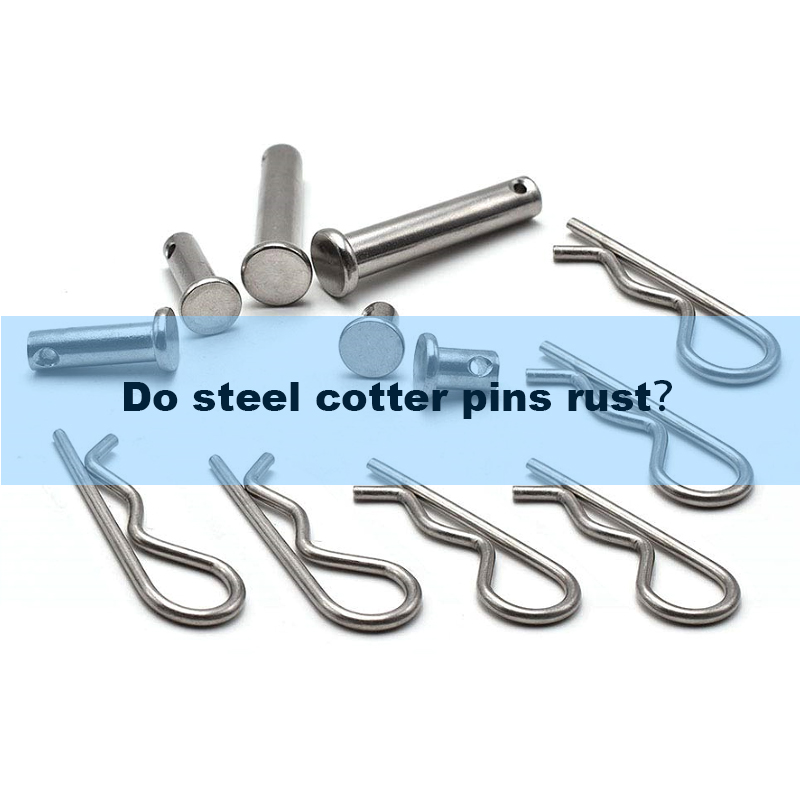
The Better Choice for Harsh Environments
For environments that are consistently outdoors, humid, or exposed to salt and chemicals, it’s best to choose:
304 Stainless Steel Cotter Pins: Excellent corrosion resistance and great overall value.
316 Stainless Steel Cotter Pins: Superior resistance to saltwater and chemicals, perfect for marine, chemical, or offshore use.
Final Thoughts
In summary, steel cotter pins can rust, but this is not unavoidable. With proper protective coatings, material selection, and regular maintenance, you can greatly extend their service life and reliability.
If your application involves high humidity, salt exposure, or outdoor conditions, stainless steel or corrosion-resistant cotter pins are the smarter investment. Choosing high-quality fasteners not only ensures mechanical safety but also reduces long-term maintenance costs.
Jinxin Fasteners specializes in manufacturing high-quality steel and stainless steel cotter pins, offering durable, rust-proof, and anti-loosening fastening solutions for industrial applications.
Contact our technical team today for more information or a custom quote.


